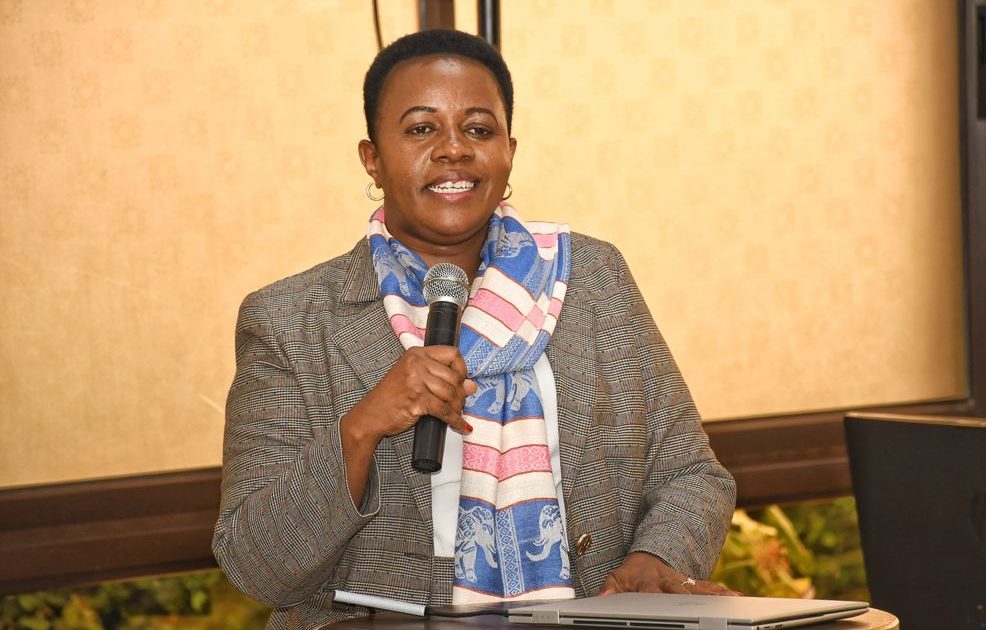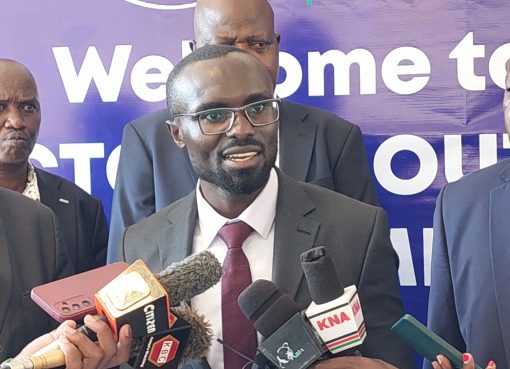The government is spearheading a comprehensive legislative effort with more than 700 legislative proposals, policies, and regulations across various Ministries, Departments, and Agencies (MDAs) to drive the implementation of its agenda over the next four years.
Aurelia Rono, the Principal Secretary of Parliamentary Affairs, revealed that the executive has kick-started the development of 247 legislative proposals, 285 regulations, and 188 policies within MDAs to fast-track the Bottom-Up Economic Transformation Agenda.
Ms. Rono said the initiative, which speaks to the heart of the key pillars of the Kenya Kwanza administration, aims to bolster investments and foster economic growth as part of the government’s economic turnaround strategy.
Rono emphasised collaboration between her office and all MDAs to ensure that all legislative proposals and policies submitted to parliament adhere to legal standards, mitigating the risk of court injunctions that could impede the government’s agenda.
“We will support the executive in strengthening collaboration with parliament on law-binding policies, legislation, regulations, and treaties to ensure their effective implementation for the benefit of Kenyans,” stated the PS.
Furthermore, she said her department is developing a tool to track the status of policies and legislative proposals either being developed or implemented across the government.
Speaking during a retreat in Naivasha to finalise guidelines for National Government policy and legislation development, Rono reiterated her commitment to supporting the majority leader in Parliament in drafting key bills and proposals.
To address challenges faced by ministries and departments in drafting bills, Rono said the government has established a steering committee on the legislative agenda that will support and strengthen all proposed legislative proposals before reaching parliament.
“As a state department, we will expedite the achievement of all necessary government policies, legislation, and regulations to facilitate their seamless implementation,” asserted the PS.
In addition, the PS said her office is finalising the drafting of a public participation bill, which aims to enrich and provide guidelines for MDAs to incorporate sufficient public input into draft legislation and policies.
The government is currently focusing on six core pillars to revitalise the economy, including agriculture, the Affordable Housing Scheme, support for Micro, Small, and Medium Enterprises, Affordable Healthcare and investment in the Digital superhighway and creative economy.
In addition, the government is also at the forefront of seeking both local and global redress for the increased threats of environmental degradation and Climate Change effects.
On this front, nations have committed to accelerate actions while committing billions of shillings to reverse the impacts of climate change that have seen record heat levels, prolonged droughts, and flooding, amongst others.
Despite progress, certain key legislation, such as the housing levy, rollout of the digital Maisha number, and affordable care acts, have faced setbacks in court, further delaying their implementation.
For instance, a three-judge bench of the High Court recently declared sections of the bill that paved the way for the implementation of the housing levy unconstitutional.
This declaration has seen the government revert to the drawing board to review and align flagged sections with the law and ensure the key policy project is implemented to its purpose.
However, the PS acknowledged the missteps, asserting that enhanced collaboration between the executive and parliament will ensure all legislation adheres to the law and meets public participation thresholds.
By Erastus Gichohi




